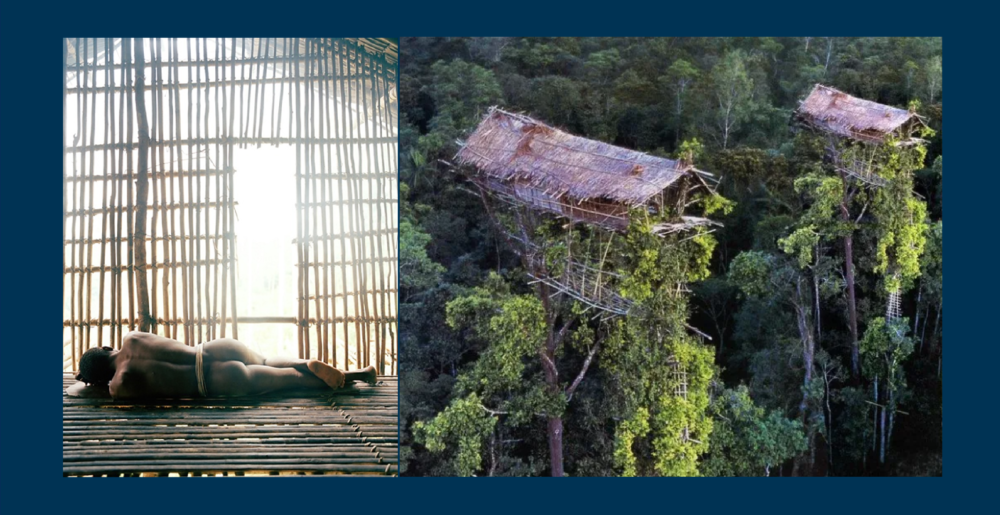Images source: Yicai, SMG
China appoints Wu Qing as new Chairman of the China Securities Regulatory Commission- “The penalties will become increasingly harsh”.
The China Securities Regulatory Commission (CSRC)- China’s securities regulator – has imposed increasingly stringent penalties since this time last year, on fraudulent listings, accounting frauds, and misappropriation of funds by major shareholders, as part of an effort to enhance trust in the stock market.
In its inaugural press conference for the beginning of 2024, following the appointment of a new chairman, Mr. Wu Qing, the China Securities Regulatory Commission (CSRC) also stated that it would more accurately target insider trading and market manipulation, eliminating regulatory oversights.
As investors expected robust measures to stimulate the market, China’s blue-chip CSI300 Index experienced its ninth consecutive session of growth on Friday, bouncing back 12 percent from five-year lows reached earlier this month.
In the fortnight since experienced regulator Wu Qing assumed the role of CSRC chairman, the regulatory body has intensified its focus on computer-driven quant trading and penalised violations of market regulations.
Li Ming, head of the enforcement bureau of the China Securities Regulatory Commission (CSRC), told reporters in Beijing, “The penalties will become increasingly harsh, and the cost of violating the law will only escalate.”
He added, “For a market to flourish and prosper, it is essential that everyone believes in the fairness and justice of the market.”
China has prohibited major institutional investors from decreasing their equity holdings at the beginning and end of each trading day, marking the government’s most aggressive effort to date to support the country’s US$8.6 trillion stock market.
The directive from China’s securities regulator was recently issued to prominent asset managers and the proprietary trading desks of brokerage firms, according to sources who requested anonymity due to lack of authorization to speak publicly.
The China Securities Regulatory Commission (CSRC), under the leadership of its newly appointed chairman Wu Qing, has also established a task force in conjunction with the country’s stock exchanges to oversee short selling and issue alerts to companies that profit from these bets, the sources revealed.
While the authorities have been escalating restrictions on bearish wagers for several months, the prohibition on net selling at the opening and closing of the market signifies a significant intensification of the government’s control over market activities, potentially disrupting popular strategies employed by hedge funds and other institutional investors.
Companies impacted by the ban are restricted from selling more shares than they purchase during the first and last 30 minutes of trading, the sources explained.
The extent of the ban’s application across the financial sector remains uncertain, and there is no evidence to suggest that it will impact individual investors, who constitute a significant portion of the volume in Chinese stocks.

Size and Influence: The Chinese stock market, which includes exchanges such as the Shanghai Stock Exchange (SSE) and the Shenzhen Stock Exchange (SHE), boasts a considerable market capitalization, ranking it among Asia’s largest.
Market Participants: In contrast to some other countries where institutional investors are predominant, the Chinese markets are mainly driven by retail investors.
Regulation: The China Securities Regulatory Commission (CSRC) is responsible for regulating the Chinese stock market, ensuring operations are fair and transparent.
Integration with Other Markets: The Chinese equity market exhibits significant co-movements with its major neighboring markets—Hong Kong, South Korea, and Japan—attributable to cross-listing or industrial integration.
Comparison with Southeast Asia: As a region, Southeast Asia has a relatively smaller market compared to China, the world’s second-largest economy.
In conclusion, the Chinese stock market plays a significant role in the Asian financial landscape due to its size, influence, and integration with other markets. However, each market in Asia possesses its unique characteristics and contributes differently to the regional and global economy.





















